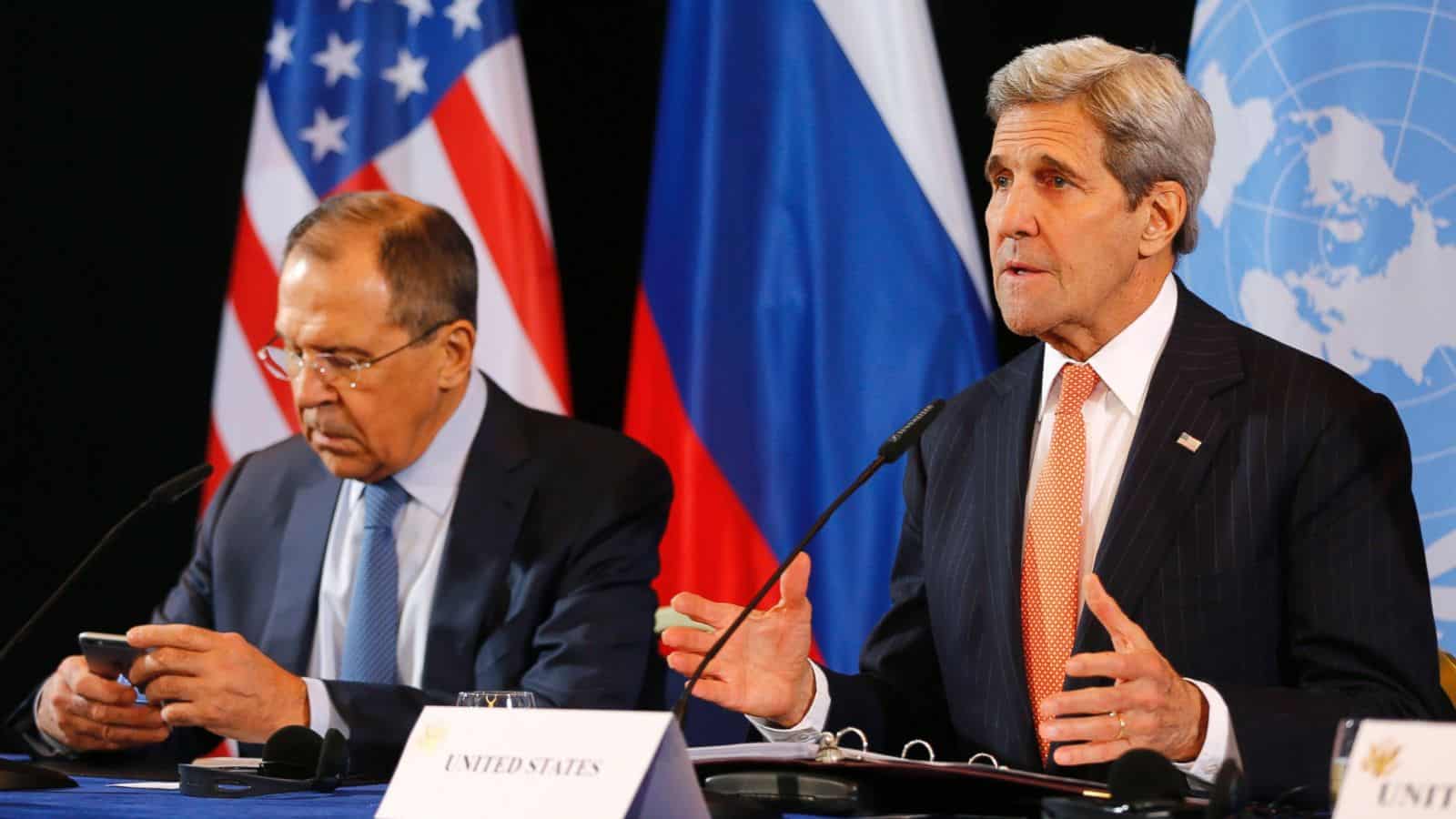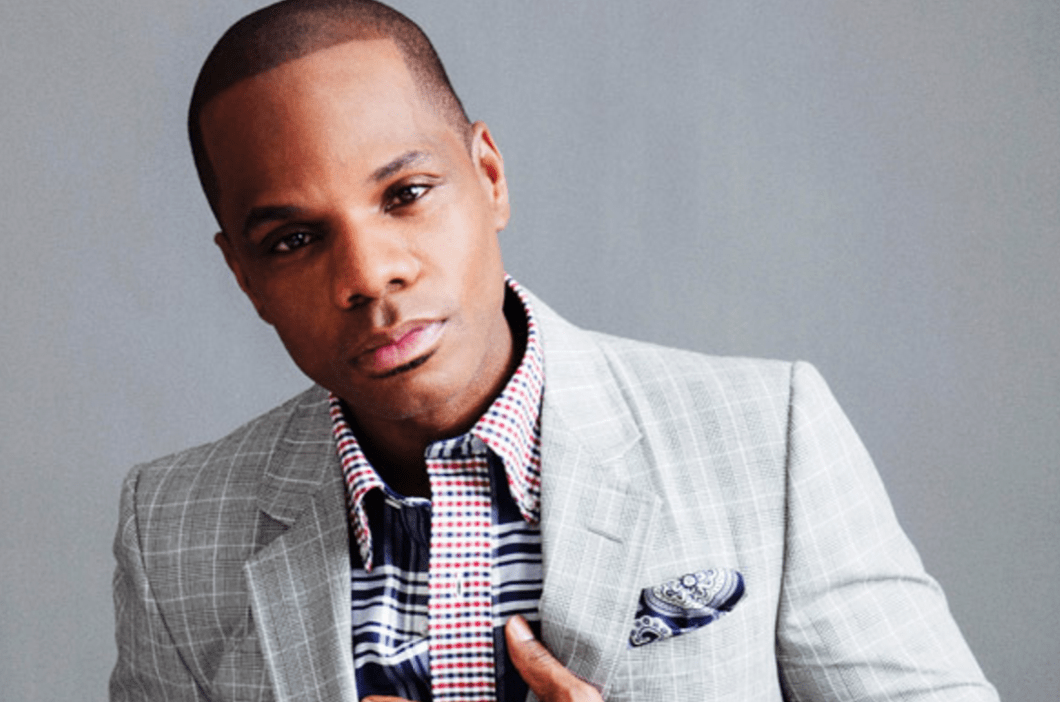
The modern zombie first appeared in 1968 with George A. Romero’s film Dawn of the Dead. Yet, it was the zombie’s visit to the small screen in the AMC’s The Walking Dead—the new season of which premiered last night—that has given the genre its most widespread success. Since its first season in 2010, the show—an adaptation of Robert Kirkman’s comic book series—has been the most successful cable series in history. Breaking all previously held viewing records, and often outranking (in key demographics) its Sunday night rival, the American ratings behemoth that is Sunday Night Football.
The Walking Dead gets a lot of attention (and criticism) for its graphic kills, dismemberments and decapitations; the show’s producers seem to find special pleasure in coming up with fresh ways to exert final punishment on the living and the dead. But while the body count keeps the action moving, what’s kept the show endlessly compelling is the exploration of the interior lives of characters and how they deal with a world overrun by an ever-present threat. Taking a look at all of the seasons as a whole, the plot line of the series is about a displaced Rick, Glen, Daryl, Michonne and Carol and their constant search for a new place to call home.
Each new season provides a new opportunity for habitation [Warning, there are some early season spoilers ahead]. In season one, the Center for Disease and Control (CDC) promised a cure; this was followed by Hershel’s farm of Christian comfort, which begat the prison fortress of temporary security and solitude. There was also the Governor led Woodbury, tyrannical Terminus and now Alexandria—all but the latter have come to a tragic end, forcing our characters back on the run.
The begging question of the most watched show on television is, “Will our beloved characters, who are perpetually displaced and under constant threat, find a new home and a chance to build a new community?”
A Modern Day Parable
Through this lens, The Walking Dead serves as a modern day parable much of the crises currently faced around the world.
The number of displaced people worldwide is at the highest level ever recorded, with an estimated 59.5 million people (or one in every 122 human beings on the planet). In addition, civil wars and lack of natural resource have driven an estimated 1 billion people, or 14 percent of the earth’s population, to live lives of conflict and poverty. We don’t really need a fictional zombiepocalypse to picture our actual planet in crisis. For many, reality is a horror they live with every day.
And like the characters in The Walking Dead, we still seem to be at the early stages of finding solutions. In the case of the Syrian Refugees and the US/Mexico border crisis, the current U.S. government and future presidential candidates appear to be divided. As terrorist groups like ISIS and Boko Haram continue to gain power, there will be an increasing number of those around the world in need of new homes. Like Rick Grimes and the gang, we’ll need to define our capacity to absorb others as our neighbors.
The Walking Dead delivers an interesting pop culture petri dish to witness disparate factions forced into new living arrangements to see if they can once and for all find enough stability to build a future. To this point, our characters have been welcomed by very few. What they’re often met with is a fierce tribal mentality, one that does whatever it takes to protect its own, while eliminating any perceived threats. Sure, it’s beneficial for the temporal survival of a few, but hasn’t allowed for the hope for a long-term future of many.
The Value of Life, ‘The Walking Dead’ and Us
Despite the lack of consistent community, a recent development in the character of Morgan hints at a capacity for a greater social consciousness in the show. We’ve long known Morgan as a rogue killing craftsmen whose primarily drive in life is to clear the world of “walkers” without much consideration for the living either. However, in Season 6, we’ve witnessed his transformation through a cheese making, peace teacher named Eastman. Eastman, through the introduction of mercy, gave Morgan the ability to see value in all of life. It’s a mindset Morgan has begun introducing to the rest of the group, though we’ve yet to see if a passive, peaceful way of life has any long-term effect on our survivors.
This story of a people forced out of “paradise”, wandering in exile in search of a home is not a new story. In the Judeo-Christian tradition, it’s the story. The Israelites of the Old Testament were constantly in search of clear terms that decided who gets to stay in the fold as God’s “chosen” on their journey towards the Promise Land. With the arrival of Jesus, we are provided clarification on who should be considered loved by God and how we should treat our neighbor, those in need, the displaced, the suffering, the poor and even our enemies (Matthew 25:25-36).
Perhaps the way forward for The Walking Dead is the way forward for all of us. That in order for ultimate survival in a modern world of constant threat, we must move beyond our tribalism and interact with others as Jesus challenged in what He defined as the second greatest commandment, “to love your neighbor as yourself.”
It’s not something Rick and the gang have had much experience with, but then again, neither have we.






















